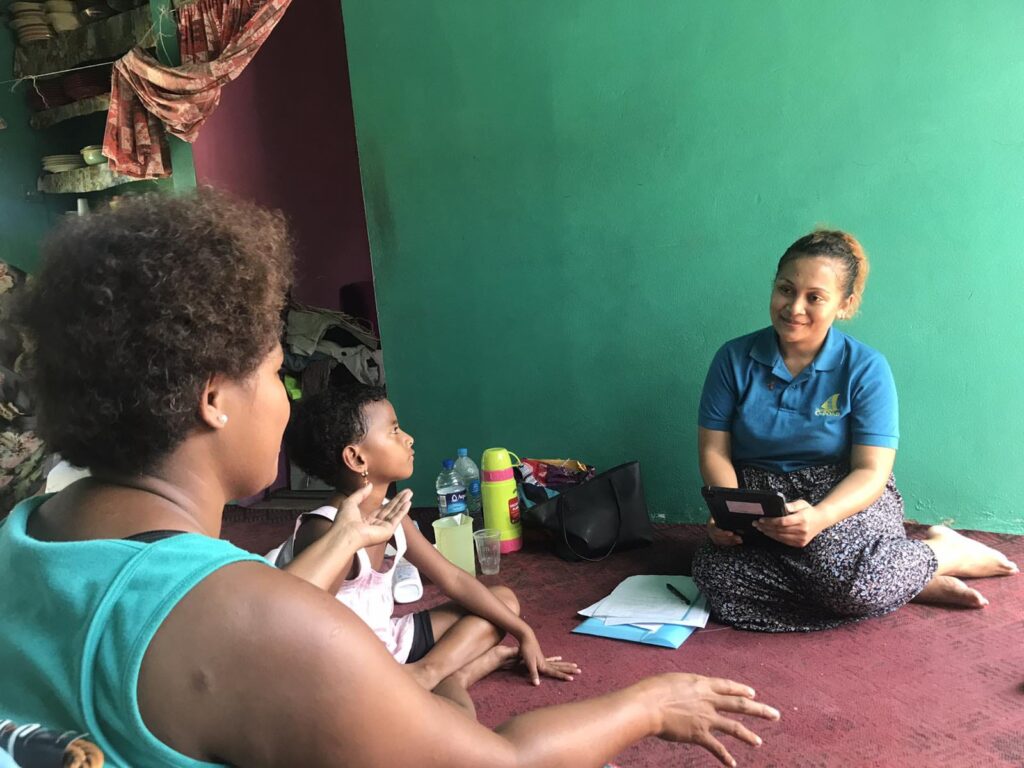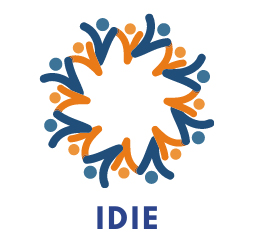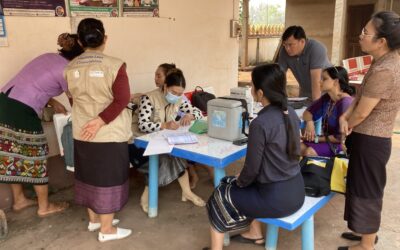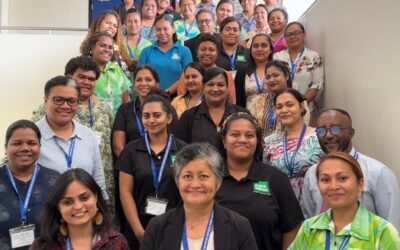
Research conducted by the IDIE played a key role in a groundbreaking study in Fiji, which uncovered lower vaccination rates among children with disabilities. These findings are now guiding national policy reforms aimed at enhancing inclusion and improving access to immunisation services.
A collaborative study involving the University of Sydney, Central Queensland Hospital and Health Service, Fiji National University and several Fijian and Australian partners investigated vaccination rates among children with disabilities in Fiji. Surveying 190 children, researchers found that only 55% were fully vaccinated for their age—well below national averages. Vaccination rates were particularly low among older children, those with hearing impairments, and those whose caregivers lacked confidence in vaccine safety. In contrast, children with mobility challenges had higher coverage.
To understand the causes, the team conducted interviews and surveys with families and stakeholders. They identified several barriers, including stigma, inaccessible information and facilities, limited coordination between health and disability services, and provider hesitancy due to inadequate training.
The findings are now shaping updates to Fiji’s national immunisation policy, with a focus on improving access and inclusion for children with disabilities. The project was supported by the Australian Government through the ARIA initiative.
Find out more about the findings and our collaborators here.



